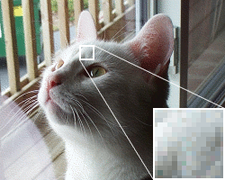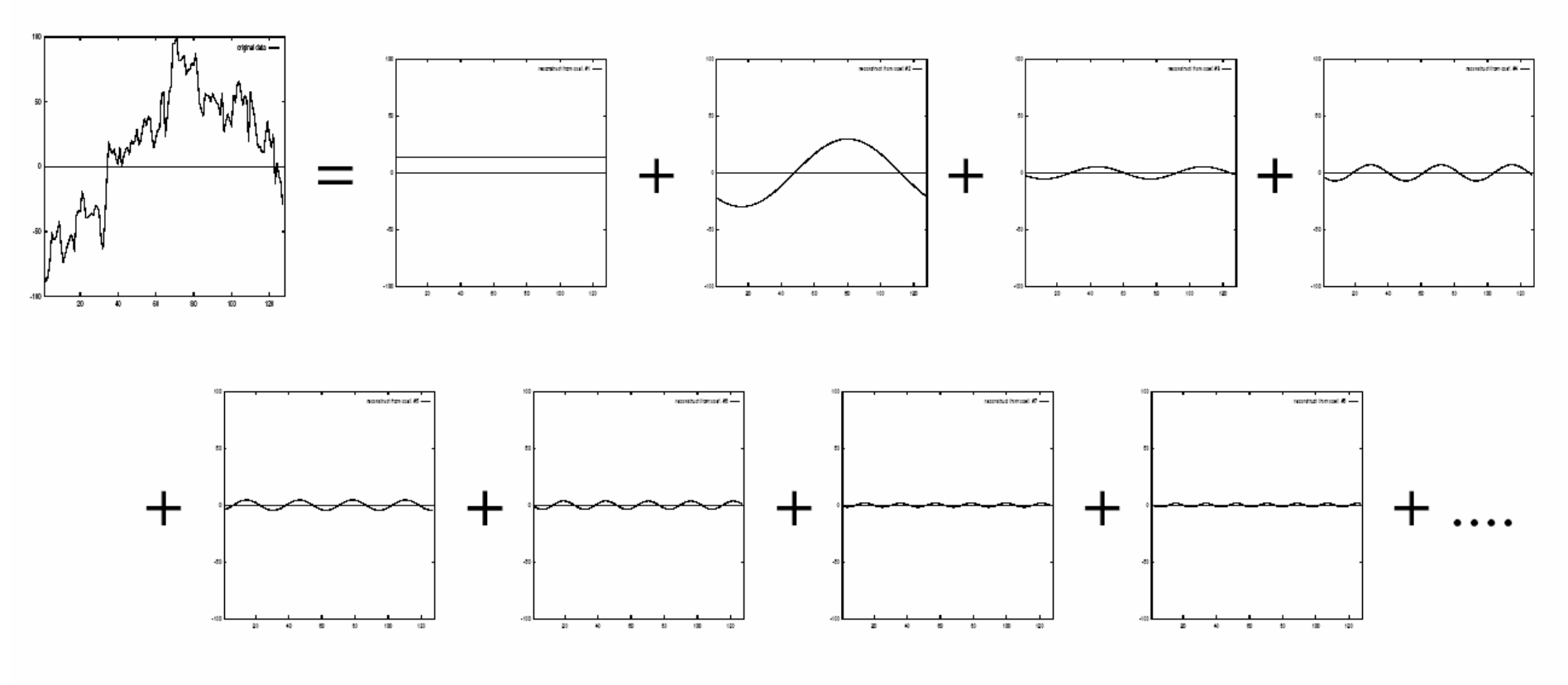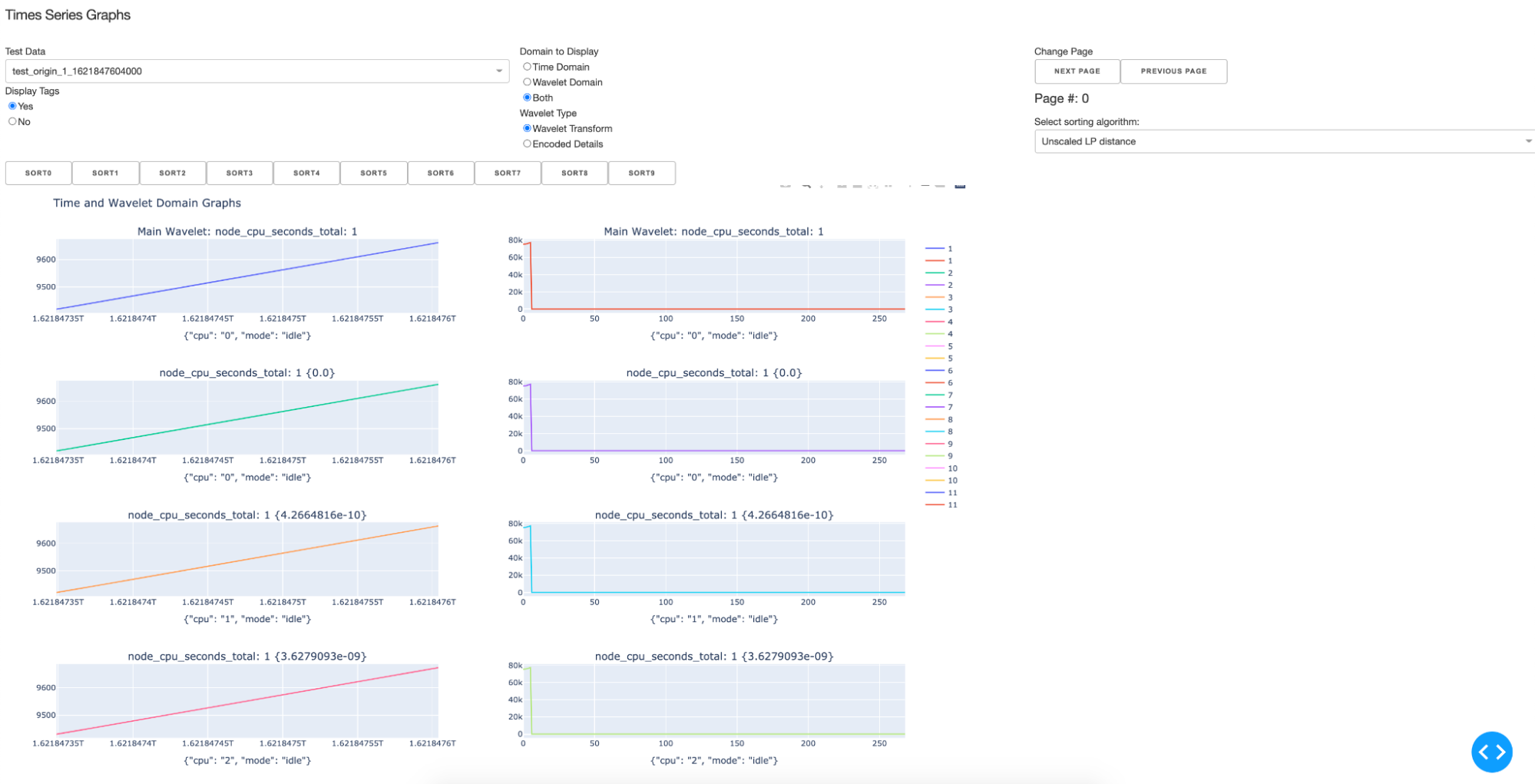For our Intern Spotlight series, we’ll showcase the work of a summer intern at Shoreline with a technical deep dive. Amanda Palamar is a computational cognitive science major at the University of Pennsylvania. This summer, her work focused on time series search.
As a rising junior at Penn, I am constantly impressed and intimidated by the aspiring computer scientists that surround me. Yet, despite my deep love for programming and my CS courses, I was so nervous for my internship with Shoreline – my first exposure to tech in the “real world.”
Here are the goals and fears I had entering the summer:
- I love to code and I wanted more chances to practice.
- I didn’t know much about the different areas of CS in the real world.
- I was nervous for my first tech internship and didn’t want to let anyone, including myself, down.
Now, months later, my Shoreline internship has changed those into positive reflections:
- I spent the summer working on a cool programming project, where I coded every day.
- I got exposure to metrics, data science, language development, and distributed systems.
- I had multiple great mentors that were readily available, who were excited to help me succeed.
My Project

My internship project tackled the time series search problem in the context of Shoreline’s metrics data. Typically, SREs / operators manually search through time series to find the patterns indicating operational issues' root causes. Time series search accelerates this process by sorting time series based on operational relevance.

I had two main goals: to develop a test harness for the time series search and then to use it to test and evaluate various time series sorting algorithms. This project was an excellent fit due to my existing interest in algorithms and my budding curiosity for data science.
Rapid Iteration
I started by building a visualizer that would allow me to visualize the data with which I was working and manipulate it dynamically to understand the impact that different algorithms would have on it. Each subsequent step of the project allowed me to learn new software and tools (e.g., plotly, numpy, jax) while helping me develop better and more efficient algorithms and coding practices.

While my mentors provided me with goals and this project outline, I was also free to experiment. At each step, I was able to experiment with different distance and sorting algorithms and visualizer features. After I finished building the main test harness, I spent the rest of the internship manipulating the data compression to analyze the data better.
My project mattered and contributed valuable insight and features for the company product. The visualizer was, I quote, “really useful.” The metrics team made a cool discovery using the visualizer I built: we found new ways to improve our compression algorithm. The tool I produced will continue to help debugging. In my final presentation that I delivered to the entire company, I had the chance to reflect on this project’s implications for future steps each team could take to utilize my findings and tools.
Mentorship, Community, Comradery
Sure, I’m producing code with results, but that’s not the only thing my mentors and co-workers care about. Shoreliners care about their colleagues, and the company incorporates community and comradery into the workday – every day.
- The junior engineers organized a virtual lunch with the interns every Wednesday to share their undergraduate advice or favorite strategy games (I’m still eagerly awaiting a rematch of Code Names).
- Some co-workers and I created a Slack channel for everyone to share pictures of their everyday lives, so we can feel connected to each other’s surroundings even when we’re time zones and nations apart (it’s nice to see the “view” from everyone’s work-from-home desks).
- On my last day, I gave my co-workers a taste of my non-coding passions by baking pastries for everyone, which led to the CEO and I comparing our favorite celebrity chefs (I now have a new Japanese restaurant I’ll need to try on the East Coast).
Closing Thoughts
In addition to community, to thrive in the workplace, the space and freedom to grow is a necessity; Shoreline not only recognizes this but actively shapes its work environment and company practices to this. Whether it is from us interns or the senior engineers, one sentiment you hear a lot at Shoreline is that every single one of us came here to learn.
I’ve been highly intimidated by the thought of working in tech: I only recently pivoted to programming after previously expecting to major in English literature, this is a field undeniably dominated by men, and no one can deny that coding is hard. But Shoreline was a safe space for me to express confusion about even simple bugs in my code, to have meetings with my mentor to ask a long string of questions about the world of software development, and to gain confidence in myself as a critical thinker and coder.
